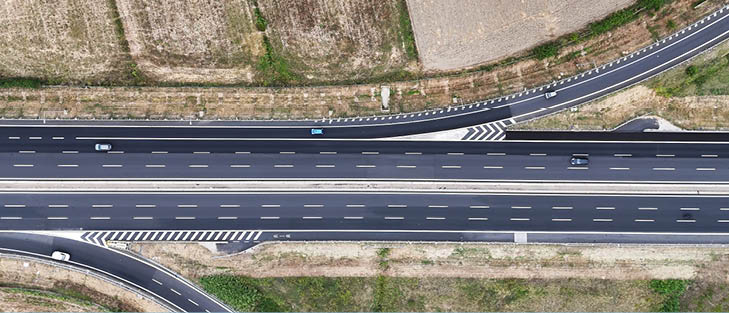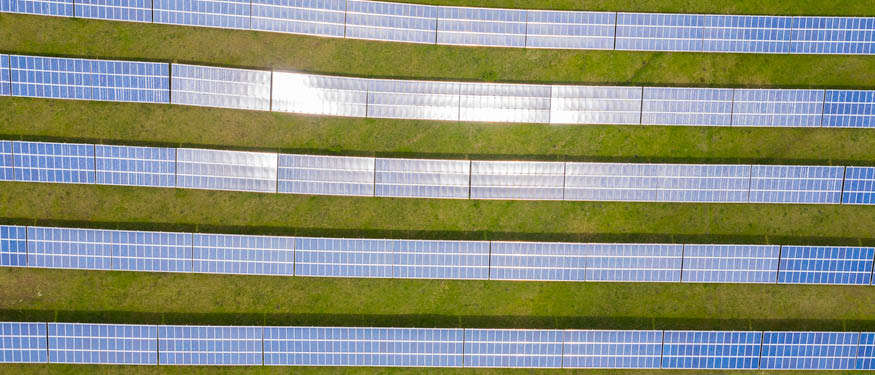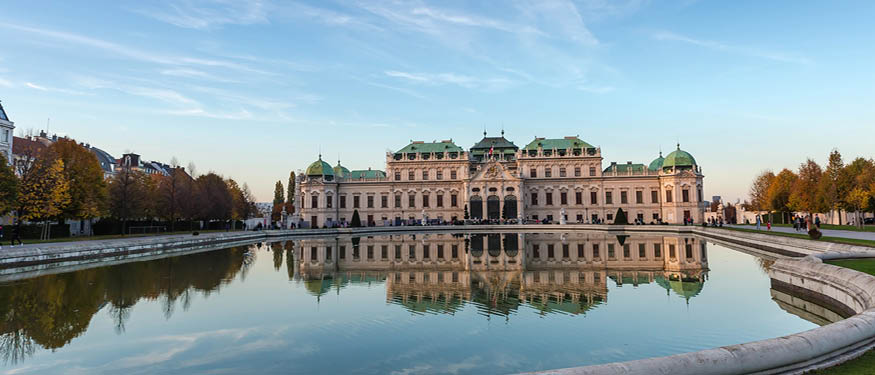Your Legal Partners has advised on the Public-Private Partnership project titled "Design, Construction, Financing, Maintenance and Operation of Seventeen School Units in the Region of Central Macedonia" to be undertaken by ATESE and Metlen Energy & Metals. Karatzas and Partners advised Piraeus Bank as the lender on the project.
Rafal Grochowski and Team Move from DZP to SSW Pragmatic Solutions
Former DZP Partner Rafal Grochowski and his team have moved to SSW Pragmatic Solutions.
CMS Advises The Boeing Company on Offset Agreement with Poland's Ministry of National Defence
CMS has advised The Boeing Company on an offset agreement with the Ministry of National Defence of Poland.
Paksoy Advises Samsung C&T, KIND, and KDB Kiamco on EUR 1.43 Billion Nakkas-Basaksehir Highway Project
Paksoy, working with Ashurst, has advised Samsung C&T, Korea Overseas Infrastructure & Urban Development Corporation, and KDB Infrastructure Investments Asset Management on the financial closing of the Nakkas-Basaksehir section of the Northern Marmara Highway Project.
CJEU Restricts Access to Public Contracts for Contractors from Third Countries
On October 22nd, the Court of Justice of the European Union (“CJEU”) issued a precedent-setting ruling in the Kolin Inşaat Turizm Sanayi ve Ticaret case (C-652/22 – the “Kolin case”). This is of crucial importance to contractors engaging or aiming to engage in the public procurement market of the European Union (“EU”), who originate from countries outside of the EU that are not party to international agreements with the EU which would formally admit such contractors to public tenders in the EU.
Tatjana Katalan and Team Join Dorda
Former E+H Equity Partner Tatjana Katalan and her team have joined Dorda.
DLA Piper and Cieslak Law Firm Advise on Hochtief's Residential Buildings PPP in Zory
DLA Piper has advised Hochtief Group’s special purpose vehicle Private Partner on the public-private partnership for the design, construction, financing, and maintenance of multi-family residential buildings in Zory. Cieslak Law Firm advised the Municipality of Zory.






















